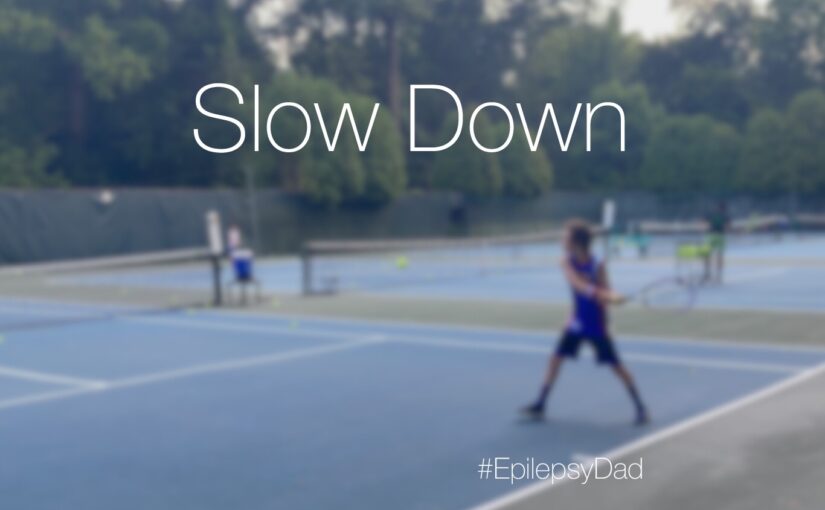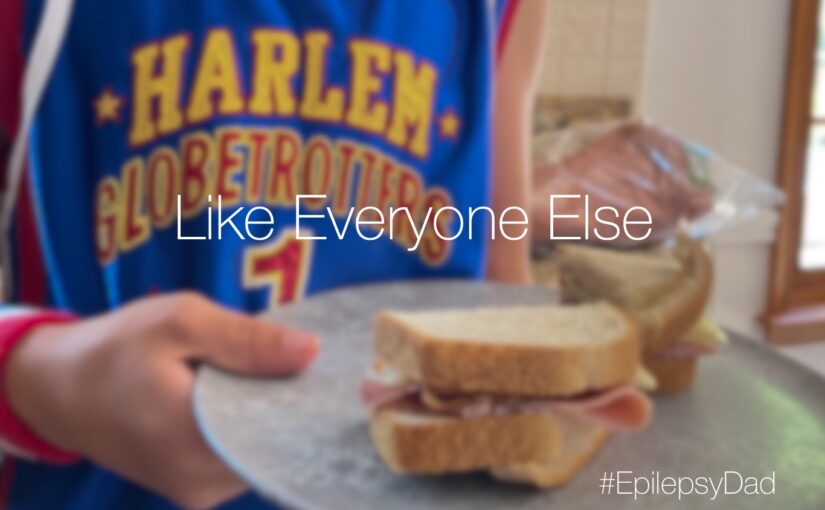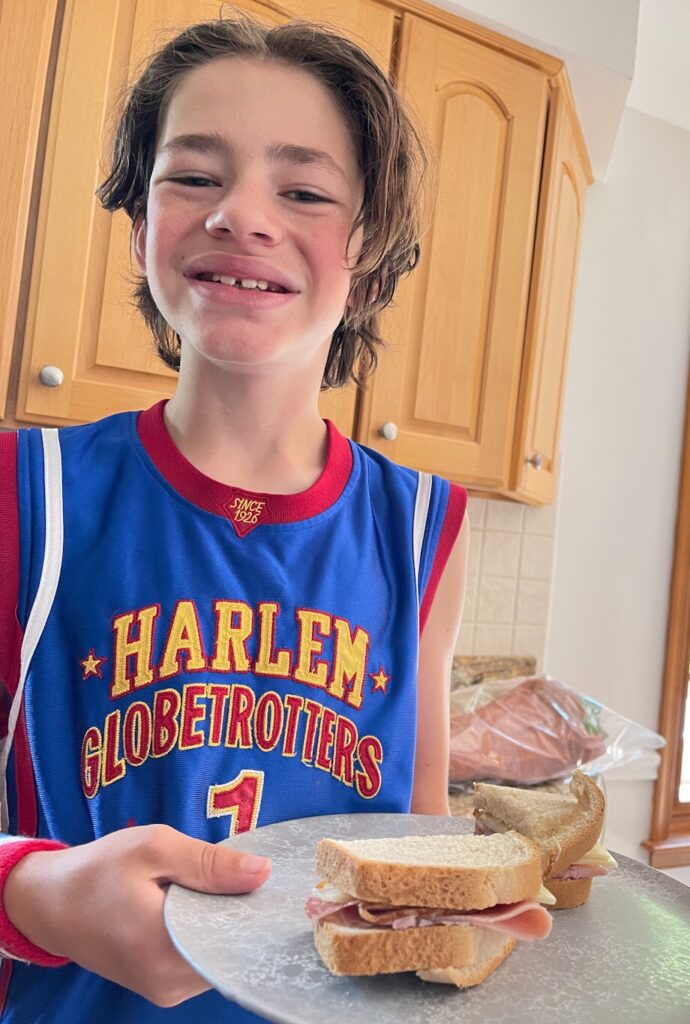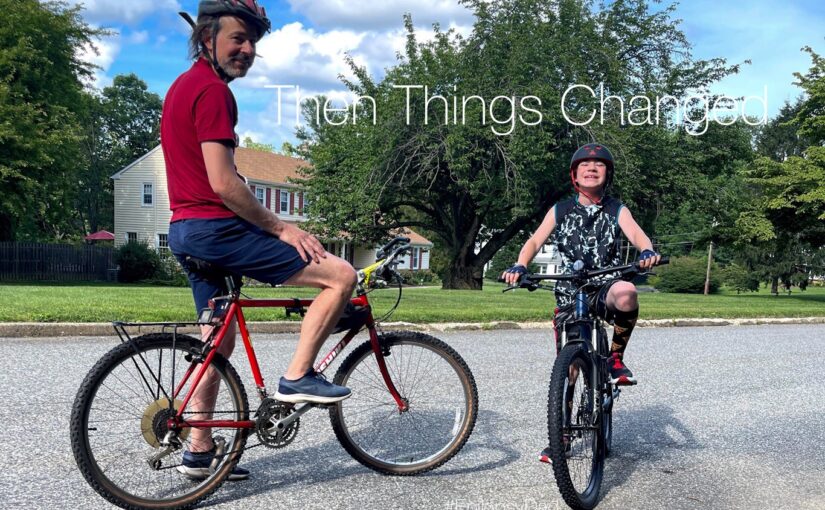I’m standing with my left foot on the edge of the baseline. I bounce the bright yellow tennis ball a few times with my left hand while my right hand dips low, holding my racquet. I’m ready, so I steady the tennis ball before tossing it high into the air slightly in front of me. I rock backward on my heel, then forward, lifting my racquet to meet the ball’s descent. Contact.
“No, no, no,” my instructor says through his thick French accent. He points upward at the ball that has soared high enough to qualify as a space flight, and that still hasn’t completed reentry.
“Too fast. Watch.”
He takes my place on the baseline and tosses a ball into the air. His movement is controlled and intentional. The racquet methodically completes its arc and makes contact with the ball, sending it across the net where it lands in front of the service line.
“This is you.”
Again, he tosses a ball into the air. But instead of the slow, intentional movement, the racquet disappears into a blur of speed and sends the ball crashing into the fence on the far side of the court.
“When you go slow, you are present…you can control. When you go fast, you can’t.”
“Story of my life, ” I think to myself.
I’ve never been good at slowing down. I’m nervous and anxious and always feel like there is something I should be doing. I’ve created lists upon unending lists of the things that I need to do. Not “want” to do. Need. Must. Obligated to. Compelled to.
But there is only so much time, so I race from one thing to the next. Sometimes, I don’t quite complete the task that I’m doing or do it as well as I could have, but, usually, I don’t look back to check. Checking slows me down. And there is still so much to do.
Often, I don’t remember details because, as it turns out, I’m not there at all. And that, I realize, is part of the problem, especially when there are other people involved. What is the point of doing something with my wife and my son if the goal is to do it so that I can move on to the next thing? I’m not there with them if I can’t slow down enough to be present with them.
None of us knows how much time we have in this world. With my son’s condition, that is a fact of which I am too well aware. It should serve as a reminder that it is the quality of the time we spend together that matters more than the quantity of the things we do. But, as my wife has pointed out too many times lately, I haven’t always been showing up that way. I know she’s right.
Awareness is the first step of change. Acceptance is the second. I’m working on that part. I know it’s time to slow down.
The instructor backs away, and I retake my place on the baseline. I bounce the ball a few times before tossing it into the air. I raise my racket slowly towards the ball. Deliberately. Intentionally. I can feel that my arm is extended. I can feel it when the racquet makes contact with the ball. I watch as the ball flies over the net and lands in the box. It’s a different experience. And it’s the same type of experience I want more of with the people around me, too.



